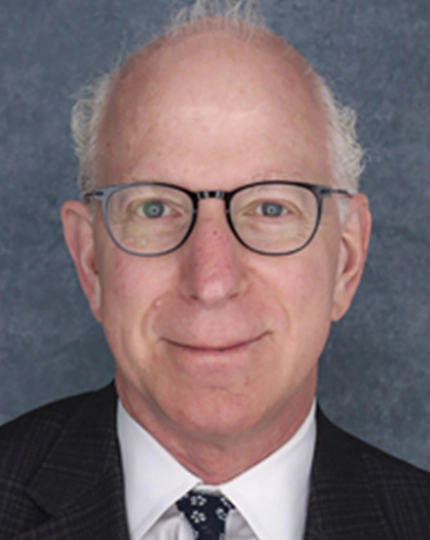
Reflections and Outlooks
Howard Sandler, MD, MS, FASTROOur ASTROnews this quarter highlights the promise and progress in the field of biomarkers. Just to level set, perhaps a definition of biomarker is in order. According to NCI, a biomarker is “a biological molecule found in blood, other body fluids, or tissues that is a sign of a normal or abnormal process, or of a condition or disease. A biomarker may be used to see how well the body responds to a treatment for a disease or condition.” Of course, a dictionary gets the “defining” job done but only superficially. Please dig deeply into this issue to learn more about prognostic biomarkers and biological indicators that might indicate particular patient-specific sensitivity to the impact of radiotherapy.
As a GU-focused radiation oncologist, I can recall the incredible transformative influence of PSA on the management of prostate cancer, as a molecule that helps define risk grouping and thus treatment management and importantly is a marker of treatment success (or failure). Thus, PSA measurement becomes an integral part of post-treatment monitoring. Biomarkers continue to emerge and provide utility in the prostate cancer space, where truncated androgen receptor, DNA-repair defects, tumor-derived genomic classifiers and even AI-developed tools provide risk stratification. And that’s just for prostate cancer.
Looking back to 2024 and when reflecting on the 66th ASTRO Annual Meeting in Washington, DC, I’m struck by the overall positive and energized mood of the meeting. We held our Annual Meeting for the first time in the Washington Convention Center, which provided ASTRO with a warm reception and a facility that was perfectly sized to our meeting exhibits and attendees. Additionally, the location in the heart of the District provided a nice environment for activities outside the meeting hall such as dining, shopping and sightseeing. I think that many were struck with the thought that the meeting seemed to have reverted to our pre-pandemic meetings and so was a pleasant return to normality. I hope future meetings have similar positive vibes.
Looking forward to 2025, ASTRO’s important advocacy work continues as we search for a sustainable reimbursement approach that fairly supports our specialty and provides mechanisms for investing in future capital-intensive devices that will help us replace our existing treatment infrastructure with the novel and improved devices of the future. Our advocacy work depends on our engaged members — please consider attending the 2025 ASTRO Advocacy Day on Capitol Hill on May 19-20. We have the opportunity to speak with our congressional representatives and articulate on the issues of the day, including the legislative initiative known as ROCR (Radiation Oncology Case Rate), a value-based reimbursement strategy.
For those of you who have joined ASTRO on Capitol Hill, please consider attending again in 2025. For those who have not spent a day on Capitol Hill, please consider attending for the first time if only to observe and learn how our Congress “works.” Entering the Senate and House Office Buildings on any given day are constituents seeking congressional action on behalf of one organization or another. Our role is to provide a radiation oncology perspective directly to those who make important decisions that affect our practices. I look forward to serving as your Chair and representing the Society as we continue to move this legislation forward. Hope to see you there! Lastly, I want to acknowledge and congratulate Amar Rewari, MD, MBA, FASTRO, for his appointment to Vice-chair of the Health Policy Council. Dr. Rewari will complete the remaining term of Vivek Kavadi, MD, MBA, FASTRO, who was appointed ASTRO CEO.

